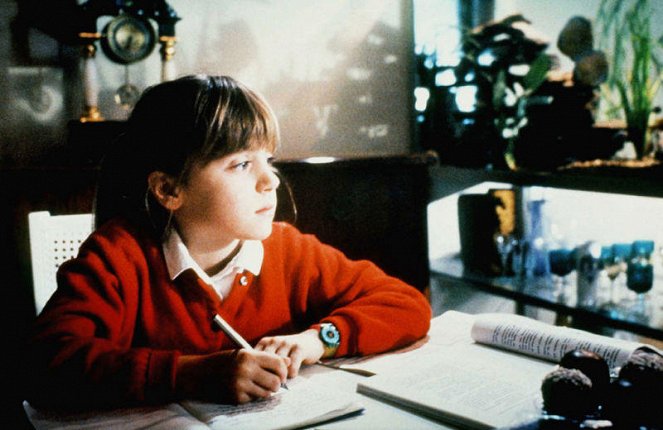Directed by:
Michael HanekeCinematography:
Anton PeschkeCast:
Birgit Doll, Dieter Berner, Leni Tanzer, Udo Samel, Georg Friedrich, Elisabeth Rath, Silvia Fenz, Georges Kern, Robert Dietl, Meat Loaf (a.f.) (more)Plots(1)
Based on a true story, Haneke's first theatrical feature is a disturbing portrait of familial disintegration which he describes as a depiction of his native Austria s progressive emotional glaciation. Set over a three year period, it documents how the mundane day to day routines of a middle class family alienate them from the world and each other until, suddenly and shockingly, their lives self-destruct. Addressing themes that would inform much of his later work the breakdown of society, violence and the media The Seventh Continent is both intelligent and masterfully composed. (Artificial Eye)
(more)Reviews (3)
Great! I’ve always preferred more serious, profound and depressive films over the easygoing, jolly, shallow and positive ones, but this one was too much, even for me. I don’t know, I’m just unable and unwilling to fully accept what the film talks about. But it’s superbly made, no doubt about it.
()
The Seventh Continent and 71 Fragments of a Chronology of a Chance are the exact opposite of why I, as a child, became
a movie enthusiast. No poetics of imagery, gradation of story or emotion. No colors or tones. Only mechanical – though
intellectually brilliant – philosophizing over the filth and unpredictability of the world, deliberately heartlessly composed
of static, sometimes painfully long shots. The heartless editing is deliberate, because Michael Haneke is a rebel and does not
want to manipulate the viewer with what makes movies enjoyable (editing) or emotionally impressive (music).
()
A precise vertical cut in one seemingly incomprehensible tragedy. Haneke composes with masterful abruptness sharp shards of long shots of mundaneness, which, for the most part evoke in the viewer an incomprehensible feeling of banality and a creeping distress, which is an omen of the third part. In it, Haneke carries out a frontal attack with image and sound and, from a hitherto unmotivated collage, he creates a surprising and brutal image of decay. His cold cynicism, professorial detachment, and rational arguments aimed at capturing the seemingly inexplicable show elements of refined sadism, with which the creator torments the viewer through hints and uncertainty. The hitherto vaguely suspected distress comes to a scathing climax, which reflects the immense creative discipline with which Haneke prepared the climax in its entirety. The Seventh Continent is a dark, cynical and misanthropic study of the despair that results from absolute prosperity and order. Michael Haneke's debut shows all the hallmarks of a well-thought-out and perfectly fulfilled method that cuts off fat deposits of clichés from reality, removes the facade of idyllic conception and lets bleed the irrational essence of human existence and the pandemic emptiness of "blissful" modern society.
()


Ads